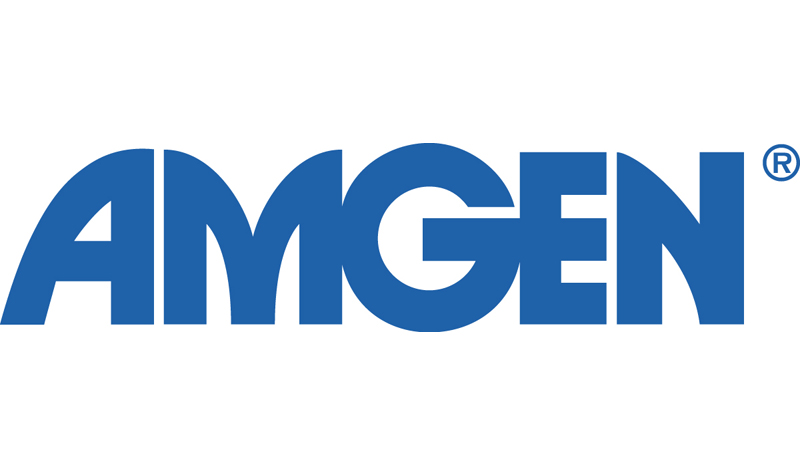Amgen Agrees to Pay $762 Million Fine Over Improper Marketing of Aranesp
Amgen has pled guilty in a federal court to charges of improper marketing of the anaemia drug Aranesp.

The company have also agreed to pay $762 million to resolve whistleblower lawsuits, including a $612 civil settlement, a $14 million forfeiture and $136 million in criminal fines.
The whistleblower complaints regarded Amgen's alleged use of an off-label marketing campaign and illegal kickbacks to promote Aranesp. As part of the deal stuck by Amgen, the company will enter into a five-year corporate integrity agreement with the Office of Inspector General of the U.S. Department of Health and Human Services, prosecutors stated. The agreement also confirmed thar Amgen would not lose any of its contracts with Medicare or other federal programs, a loss which could have crippled the company.
Aranesp, used to treat anaemia as a side effect of chemotherapy, is one of Amgen's biggest sellers with sales last year of $2.3 billion. However, in recent years sales have gone downhill due to safety concerns, reimbursement restrictions and stricter usage guidelines. The company was accused by the Department of Justice (DOJ) of marketing Aranesp for unapproved uses such as treating anaemia caused directly by cancer (not chemotherapy), and also of marketing the drug in higher doses than it was approved for.
The DOJ found that Amgen's marketing of Aranesp also included providing doctors with free samples and kickbacks which led to a rise in prescription of the drug at the expense of cheaper alternatives, leading Medicare and private insurers to overpay. These illegal practices resulted in Amgen gaining market share from Johnson & Johnson's less expensive anaemia drug, Procrit. Marshall Miller, acting U.S Attorney in Brooklyn, N.Y. presiding over the case said that "biotech and pharmaceutical companies, like Amgen, do critically important work. That work can extend and enhance the lives of Americans or it can place those lives at risk in the pursuit of profits."
Lawyers representing one of the whistleblowers thought the ruling would deter other drug companies from pursuing the same means in order to increase sales, adding that "this settlement will also empower pharmaceutical sales representatives to blow the whistle on their employers’ illegal actions”. Yet the promotion of off-label uses for drugs in the U.S has been a topic for debate recently, after a decision was made to overturn the conviction of Alfred Caronia for off-label promotion in the U.S. Court of Appeals for the 2nd Circuit, based on the First Amendment's protection of free speech. If this creates a precedent, and if promotion of off-label uses does eventually become legal, suits like those resolved by Amgen could become a thing of the past.
